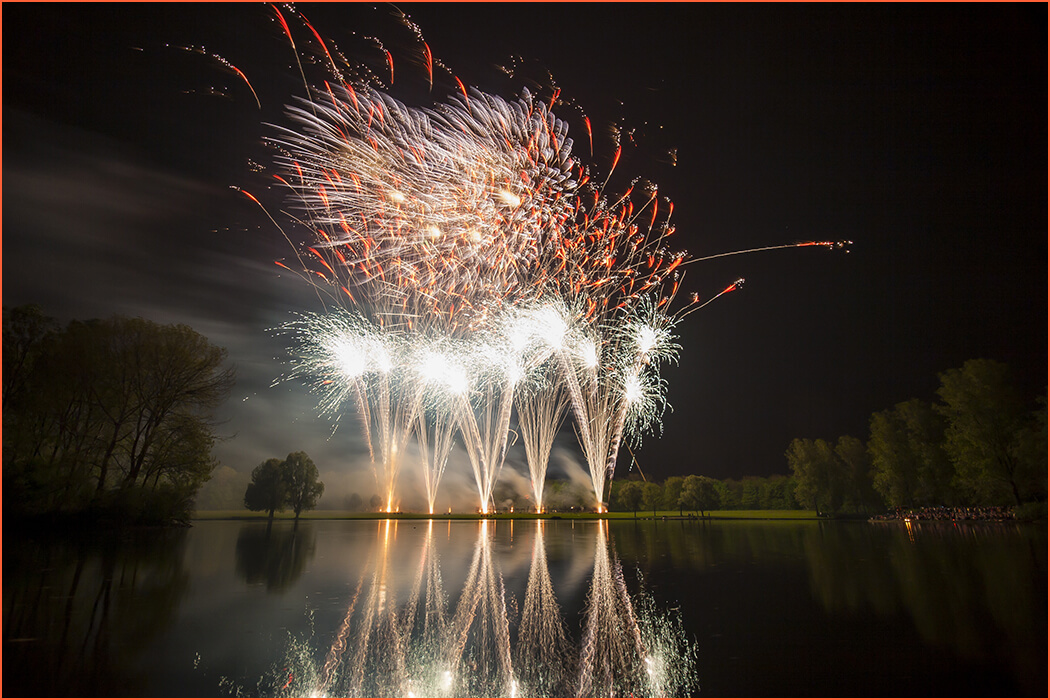As every year on these dates, we remind our followers of the need to make advance reservations for the night of San Juan 2017. The most sensual night of the year, the eve of San Juan or Night of San Juan is a Christian holiday, although coincides with other parties of pagan origin, summer solstice, in which bonfires or fires are usually lit, linked to the celebrations in which the arrival of the summer solstice was celebrated, symbolically the fire also has a “purifying” function in the people who contemplated it.
It is celebrated in many parts of Europe, although it is especially rooted in Spain, Portugal (Fogueiras de São João), Norway (Jonsok), Denmark (Sankthans), Sweden (Midsommar), Finland (Juhannus), Estonia (Jaanipäev) and United Kingdom (Midsummer). In many places there is no doubt that the current celebrations have a direct connection with the celebrations of antiquity linked to the summer solstice, influenced by pre-Christian rites or simply linked to the cycles of nature. However, in other places (for example, Spain and Portugal) the existence of a link between the summer solstice celebrations (in the northern hemisphere) that takes place on June 20-21 and the celebrations of St. John’s Day ( June 24) vary depending on dates, discontinuity in the celebration, traditions and customs, etc. Despite this, common elements are observed, such as the making of fires in the streets and squares of towns where family and friends gather. The linking of the rites linked to the summer solstice with another popular and quite widespread celebration of the month of June.
In prehistoric times, summer was a joyful time of the year for those who lived in northern latitudes. The snow had disappeared, and the ground had thawed; the warm temperatures had returned; the flowers bloomed; the leaves had returned to the deciduous trees. The food was easier to find. What was harvested was collected. Although many months of warm weather remained before the light period fell again, the days began to shorten, so the return of the cold season was inevitable. The first (or only) full moon in June (boreal) is called a honeymoon. Tradition holds that this is the best time to harvest honey from bee hives. At this time of the year, between planting and harvesting of crops, it has been the traditional month for weddings. This is because many ancient peoples believed that the great [sexual] union of the Goddess and God occurred in early summer. Since it was bad luck to compete with the deities, many couples delayed their weddings until June (northern hemisphere). The month of June is still preferred to get married in the north. In some traditions, newly married couples were fed dishes and drinks with honey for the first month of their marriage, in order to foster love. The surviving vestige of this tradition is still alive in the name given to newlyweds immediately after the wedding: the honeymoon.
The ancient Germanic, Slavic and Celtic tribes in Europe celebrated the summer solstice with bonfires. It was the night of festivals of fire and the magic of sex, of oracles for love and divination. It had to do with lovers and predictions. Couples of lovers jumped through the flames as it was believed that the crops would grow as tall as what the couples were able to jump. Through the power of fire, in the heat of the fire the maidens (supposedly) learned about her future husband, with which spirits and demons would be expelled from the relationship.
Another of the functions of the fires was to generate sympathetic magic: giving a boost to the sun’s energy so that it remained potent in the rest of the season and thus guarantee an abundant harvest. In ancient Sweden, a tree in the summer solstice was created and decorated in each city. It was the solstic tree, usually a pine. Villagers danced around him. Women and girls used to bathe in the local river. This was a magical ritual, intended to bring rain to the crops. This is the basis of the current rite of the Easter tree.
Every year, at midnight, the most superstitious, but also the most partying celebrate the night of St. John with different rituals to benefit from the magical energies of St. John the Baptist and the summer solstice. Some will jump over the fire of the fires lit from midnight to obtain protection throughout the year (in Galicia, it is necessary to jump 9 times, in Alicante and Valencia 7 times, those who live near the sea, will take a night bath Those who have neither bonfire nor seawater, will leave several aromatic plants to soak in the bathtub to submerge.

















